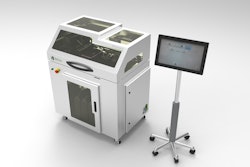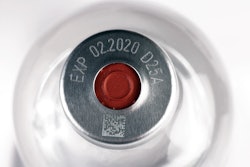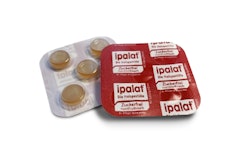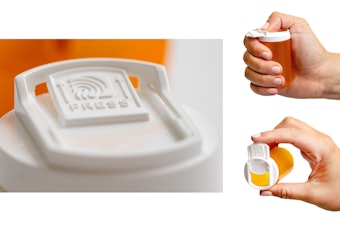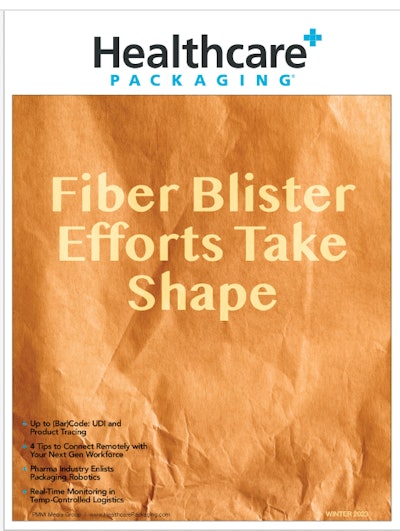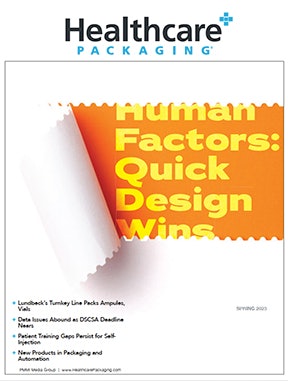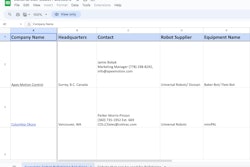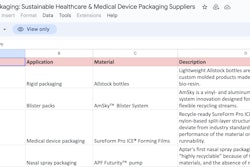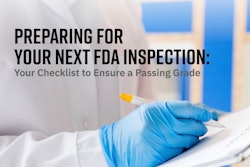The majority of research-based pharmaceutical companies now recognize GS1, estimates Janice Kite, Traceability Director for Healthcare Global Office.
That's increased significantly since 2005 when GS1 Healthcare was established. GS1 dominates the retail consumer market with more than one million user companies charting six billion transactions a day. Scan a barcode in a clothing store? Thank GS1 for that!
Why target pharmaceutical for standards? Rising healthcare costs, a burgeoning counterfeit black market, a growing number of recalls, and patient safety are all factors where standards can help.
Many counterfeiters have switched from designer handbags and shoes to pharmaceuticals, oddly enough because penalties are harsher for copying retail consumer goods than medicines.
Recalls are laborious and often a manual process.
According to Kite, who spoke at Pharmapack Europe, one in 10 inpatient episodes in the hospital will result in some kind of error, from the most minor to death.
Recently, the World Health Organization’s Vaccine Presentation and packaging Group recommended GS1 barcodes on a vaccine project in Tanzania, citing GS1 standards can be used to improve the cold chain.
But Kite stressed there is still standards work to be done, especially in the area of sharing.
Three types of data need to be shared for pharmaceuticals and medical devices. Master data, serial numbers, lot numbers, expiry dates, are the most basic where we make sure we are comparing “apples to apples.”
Transactional data is next, including purchasing, shipping, payments, etc.
Finally, event data is shared utilizing EPCIS or Electronic Product Code Information Service. This helps with:
• Tracking—where are my objects?
• Tracing—Where have they been in the past?
• Chain ofcCustody—which parties had custody? And when?
• What objects are the subject of the event?
• Where did the event take place?
• Why did this event take place?
• Has the lot expired? Was it recalled? Destroyed?
“The U.S. FDA references EPCIS in guidance notes for its Drug Supply Chain Security and Quality act.”
There are, says Kite, a couple more years of work to do to decide how to share all this event data.
A centralized model would provide one EPCIS repository that would manage data authentication, authorization and access control for all data and all parties. Highly unlikely, says Kite, with all the different countries and ministries of health involved.
A distributed model would include each supply chain party storing its own EPCIS event data in its own repository.
A middle ground, or semi-centralized model might be the best compromise. Particularly when looking at pharmacies where each having its own database is just not practical.
